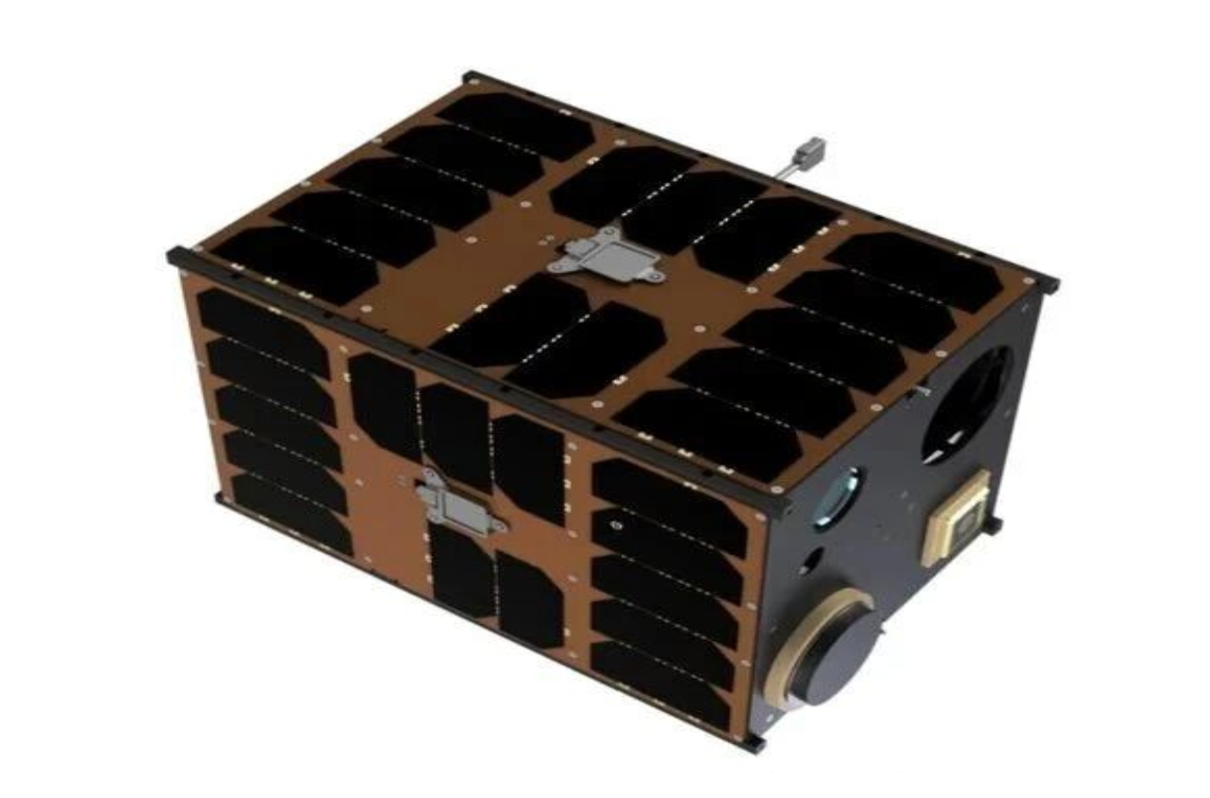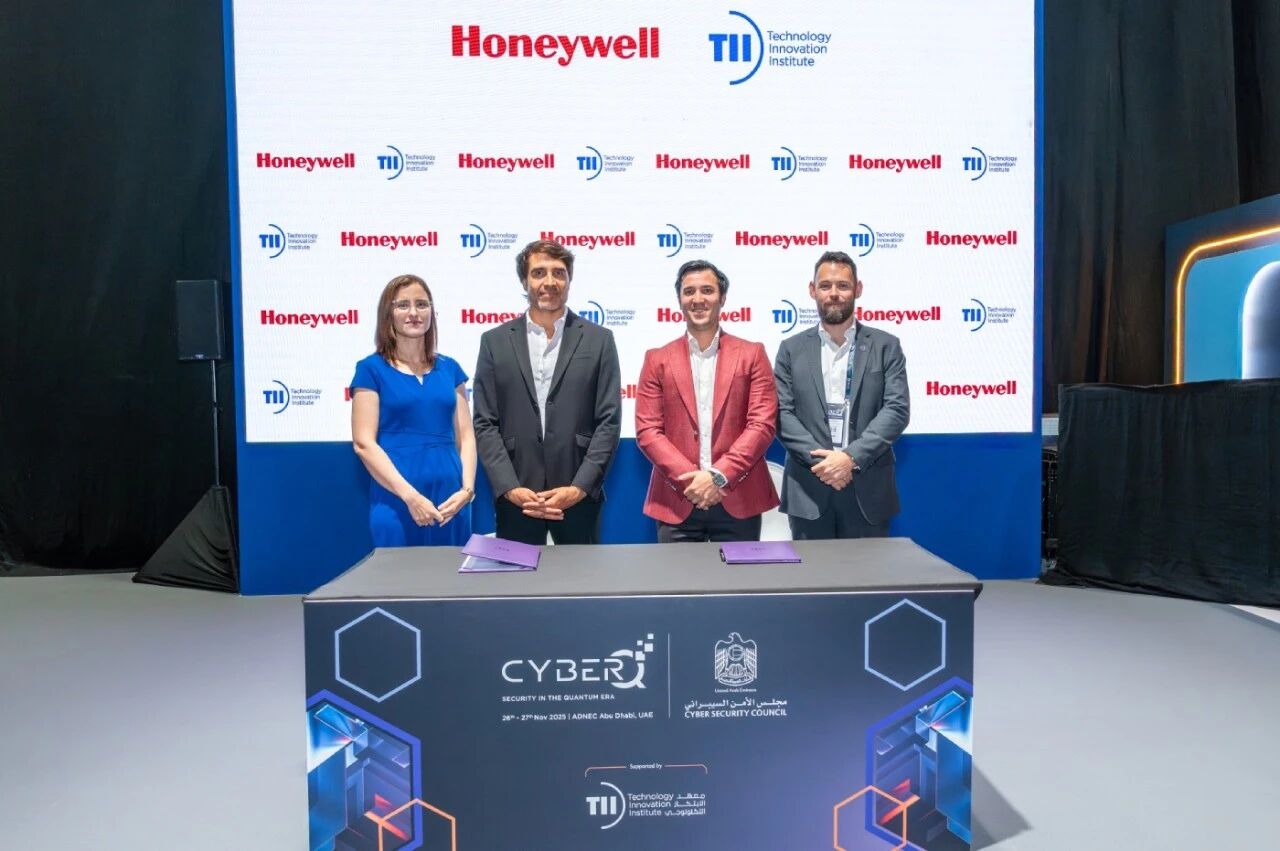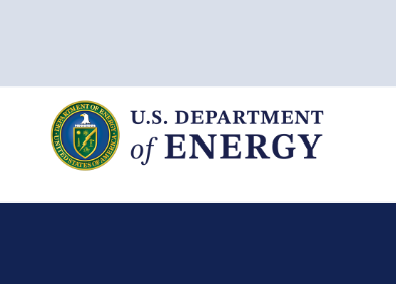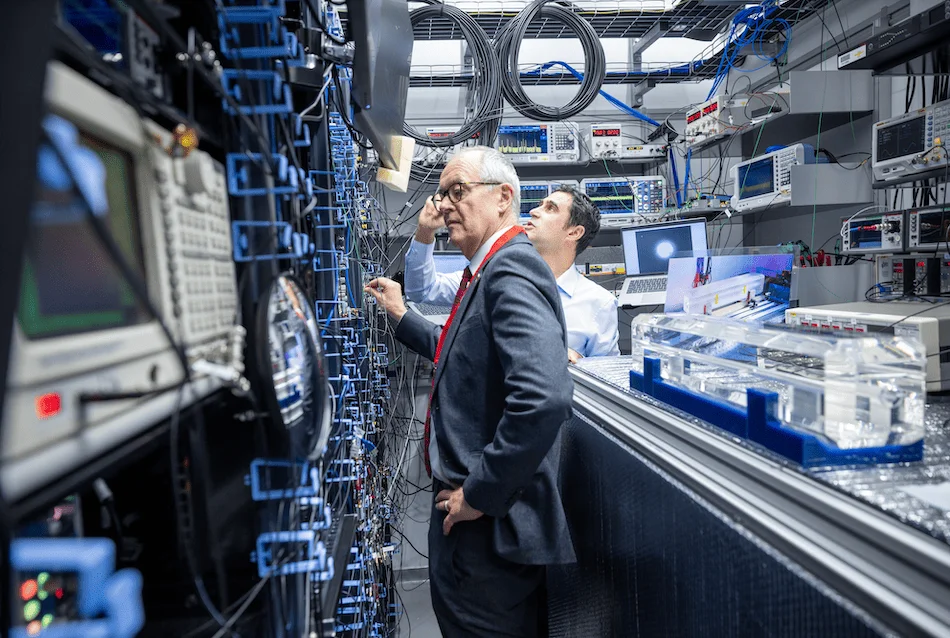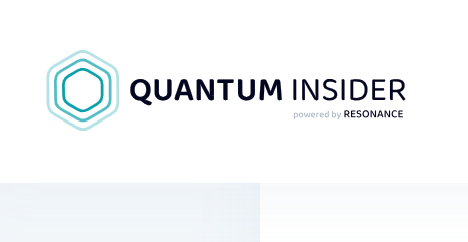Quantum Corridor, Toshiba Demonstrate First Cross-State Quantum Key Distribution Over Live Commercial Metro Fiber Network
Quantum Corridor, in collaboration with Toshiba International Corporation and partners, today announced the successful demonstration of quantum-secured communication over a live metropolitan fiber network connecting Tier III data centers in Illinois and Indiana—an achievement that marks a critical step toward building a commercially scalable, quantum-safe internet for the United States.
Read More
New Zealand Partners With Korea on Quantum Communication Projects
New Zealand and South Korea have launched three joint quantum communication research projects aimed at enabling secure long-distance networks, compact hardware and cross-signal connectivity. One project is developing quantum repeaters using rare-earth quantum memories in photonic circuits to extend ultra-secure communication across cities and countries. Two additional projects focus on a chip-based quantum light source for affordable quantum key distribution and a signal interface that links light and microwave quantum systems.
Read More
Slovak Quantum Communication Infrastructure
PROJECT skQCI is part of the EuroQCI – a secure quantum communication infrastructure spanning the whole EU.
Read More
SpeQtre, the entanglement-based quantum comms demonstrator satellite, is now on orbit
SpeQtral, Singapore's leading quantum communications company, in partnership with the UK Science and Technology Facilities Council's (STFC) RAL Space, announces the successful launch and deployment of the SpeQtre CubeSat aboard SpaceX's Transporter-15 mission. The spacecraft, containing SpeQtral's space-qualified entangled photon pair source and detector modules was deployed into sun-synchronous orbit on 28th November, 2025, marking a significant milestone for Singapore-UK space collaboration and quantum communications technology.
Read More
Abu Dhabi’s TII and Honeywell Team to Advance Quantum-Secure Satellite Technology
The Technology Innovation Institute (TII), the applied research arm of Abu Dhabi’s Advanced Technology Research Council (ATRC), and Honeywell have launched a joint initiative to develop quantum-secure satellite communication systems designed to protect sensitive information across global networks.
Read More
New Mexico Launches First Quantum Network: ABQ-Net
Roadrunner Venture Studios and Qunnect have jointly launched New Mexico’s first quantum network, designated ABQ-Net. This new network utilizes quantum key distribution (QKD) to secure data transmission via entangled photons, establishing a foundational infrastructure for quantum communication. The launch, announced November 19, 2025, signifies a key step in developing a secure communications ecosystem and positions New Mexico as an emerging hub for quantum technologies. ABQ-Net aims to provide a platform for testing and deploying advanced quantum technologies and applications.
Read More
Energy Department Announces $625 Million to Advance the Next Phase of National Quantum Information Science Research Centers
The U.S. Department of Energy announced $625 million in funding to renew its five National Quantum Information Science Research Centers.
Read More
Government support to get quantum to work faster, boosting UK’s health, defence, energy and more
New projects totalling over £14 million launched to support efforts putting quantum to work - from affordable and portable hospital eye scanners to more resilient transport. International partnerships with Japan and California to keep UK research at the cutting edge of quantum. Announcements come at UK’s National Quantum Technologies Showcase – major event highlighting how this breakthrough technology will help deliver economic growth, better public services and national renewal.
Read More
Global Quantum Collaboration Takes Flight With Launch of NMI-Q
NMI-Q, a new international alliance of National Metrology Institutes from the G7 nations and Australia, has been launched to advance global standards and measurement science for quantum technologies. Announced by UK Science Minister Lord Vallance at the National Physical Laboratory during the International Year of Quantum, the initiative aims to accelerate quantum commercialisation through coordinated research and standardisation. NMI-Q will focus on pre-standardisation research, developing and sharing best measurement practices, and supporting collaboration across industry, academia, and international stakeholders.
Read More
Canada Targets Quantum as Strategic Industry in C$334 Million Defense Push
Canada’s 2025 federal budget allocates $334.3 million over five years to strengthen the nation’s quantum technology ecosystem under the new Defence Industrial Strategy.The funding, managed by ISED, NRC, and NSERC, aims to anchor quantum companies in Canada and accelerate technology adoption in defence-related industries.The investment is part of a broader $6.6 billion package to rebuild Canada’s defence capacity and drive innovation in emerging sectors such as AI, quantum, and cybersecurity.
Read More



